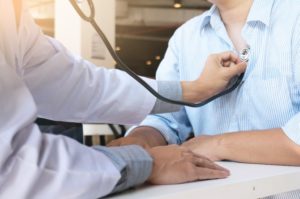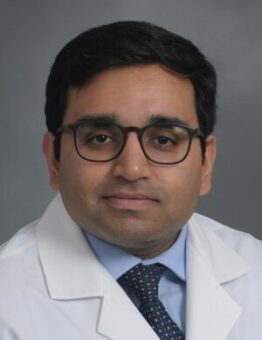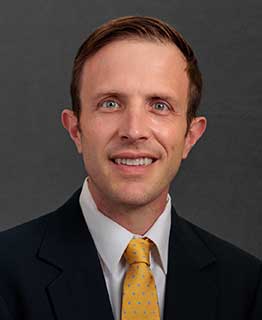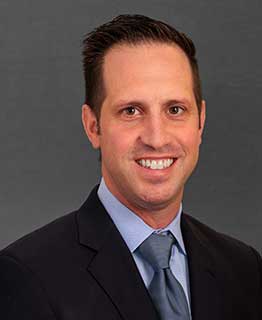Cardiology in New Jersey
At The Medical Group of New Jersey, we are committed to helping patients find the right cardiology care to keep their heart and vascular system in good health. Our team of cardiologists can diagnose and treat a variety of cardiovascular diseases, including:
- Atherosclerosis: A condition that causes hardening and narrowing of the blood vessels. This results in symptoms including shortness of breath, increased heartbeat, muscle weakness, fatigue, and confusion.
- High blood pressure: This condition causes the pressure in your arteries to increase and results in symptoms such as headaches, nose bleeds, and shortness of breath.
- Angina: Angina is not a disease, but a symptom of a heart condition that causes blood vessels to narrow and constricts the blood supply to the muscles. Common signs of angina include chest tightness, feeling sick or nauseous, dizziness, and shortness of breath, among others. Angina can result in heart attack, fainting, and sudden cardiac death.
- High cholesterol: Cholesterol is a wax-like substance that serves as a building block for cell tissues, and assists in bile production in the liver. However, when cholesterol levels are high, fat deposits build up into plaque, blocking or slowing the flow of blood through the arteries. Particularly, this slow blood flow can cause damage to the heart and brain.
- Arrhythmia: This disorder occurs when the heart beats too fast (tachycardia) or irregular heartbeat (bradycardia). Symptoms of arrhythmia include a fluttering heartbeat, a racing heartbeat, a slow heartbeat, chest pain, shortness of breath, and others.
- Coronary artery disease: When the coronary arteries become inflamed due to plaque buildup, they can become diseased, leading to atherosclerosis. Symptoms of coronary artery disease include shortness of breath, angina, and, if the arteries are completely blocked, a heart attack.
- Heart failure: Heart failure occurs when the heart does not properly circulate blood throughout the body, and cells aren’t able to get the oxygen they need. This can lead to kidney and liver damage, heart valve problems, and arrhythmias.
Services we provide
Conditions we treat
Locations
- The Medical Group of NJ- Collaborative HealthCare Group of NJ – North Brunswick
- The Medical Group of NJ- Collaborative HealthCare Group of NJ- Sayreville
- The Medical Group of NJ- Sussex Cardiology – Vernon Office
- The Medical Group of NJ- Sussex Cardiology – Milford Office
- The Medical Group of NJ- Sussex Cardiology – Newton Office
Practicing Providers

Robert L Masci, MD, FACC
111 East Catharine StreetSuite 220Milford, PA 18337570-296-4500 Visit Profile








